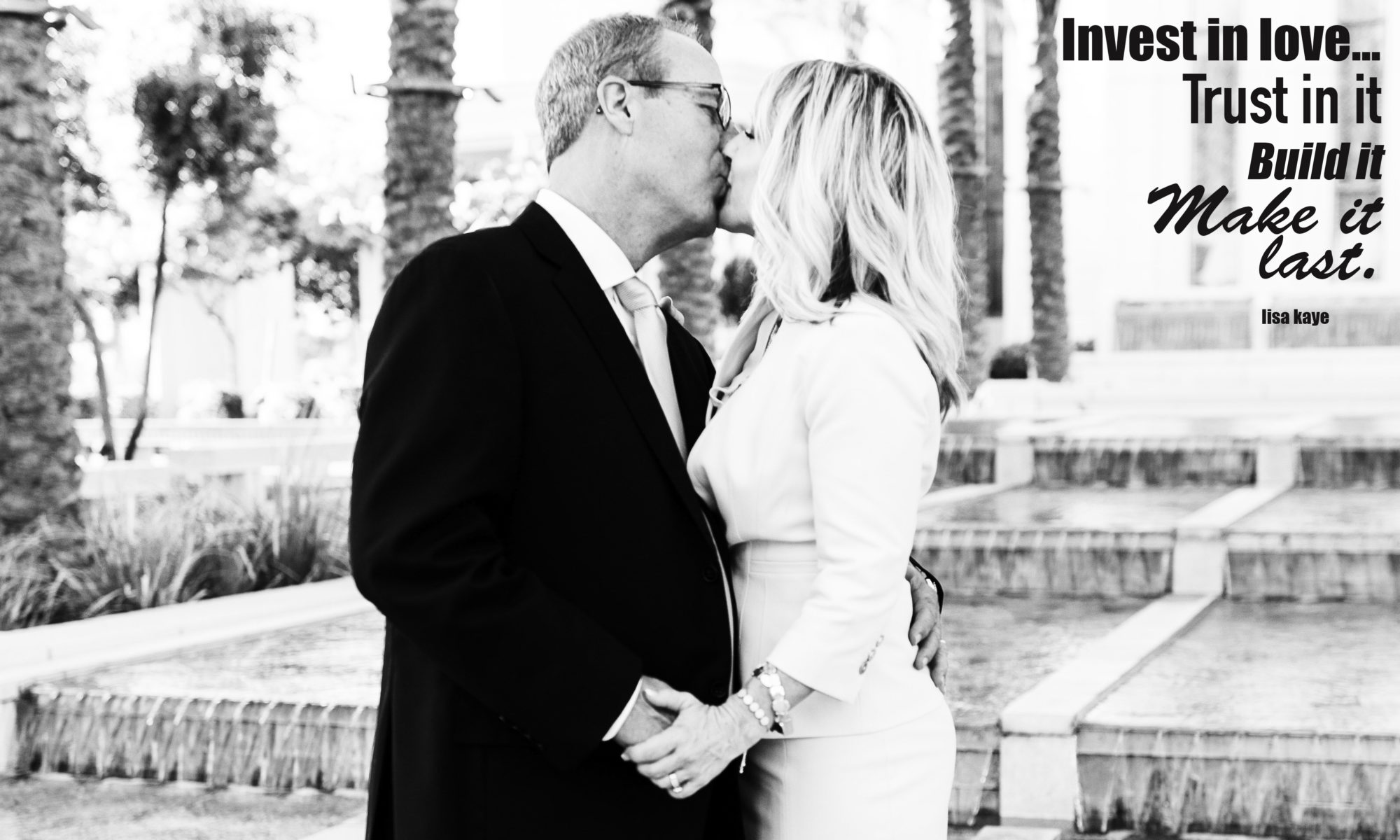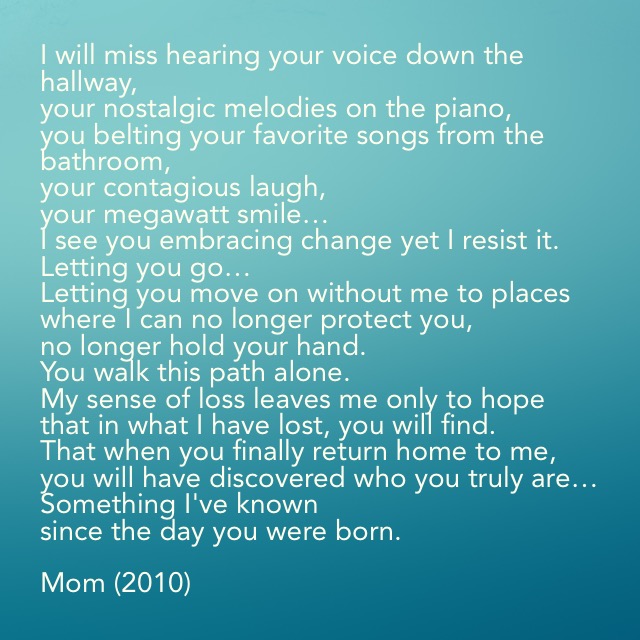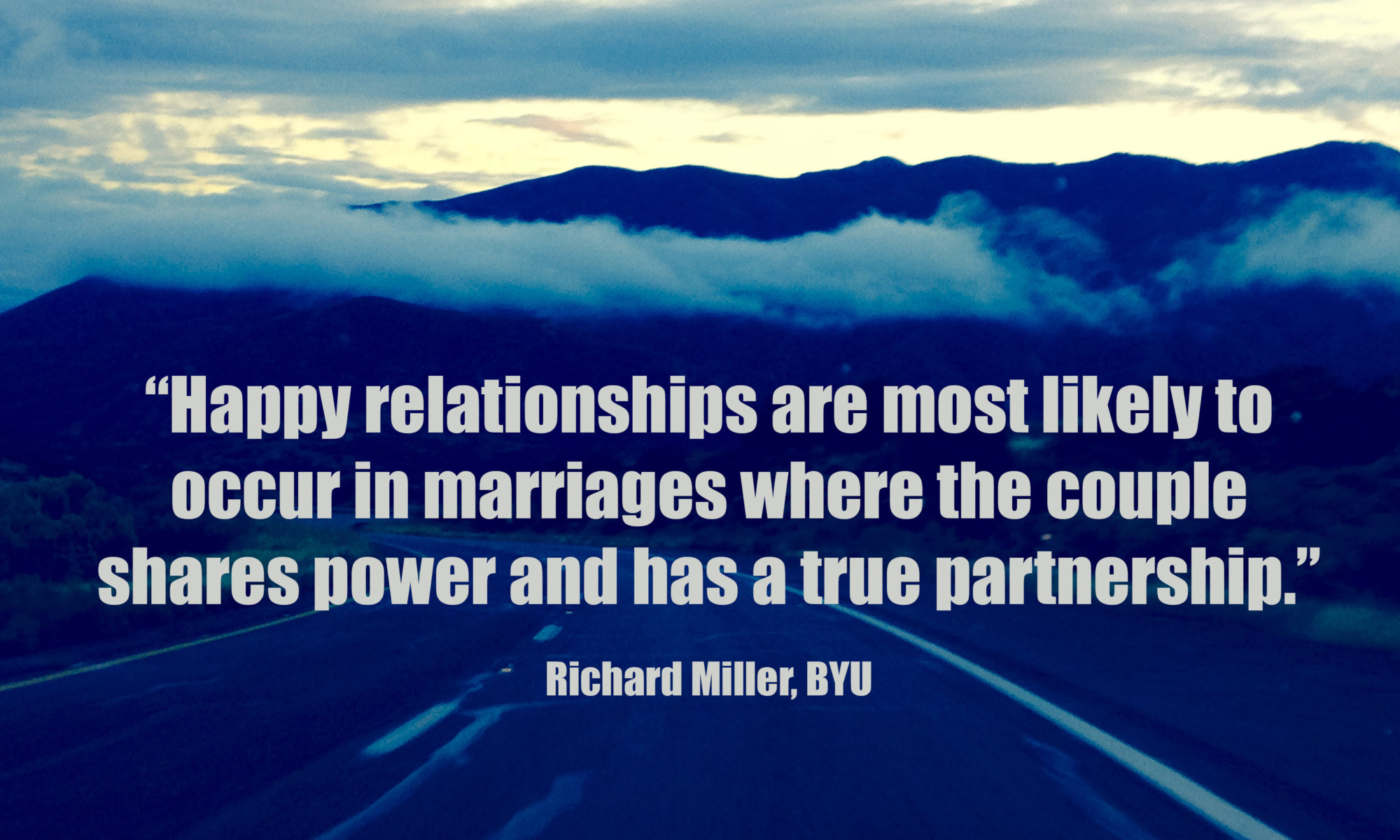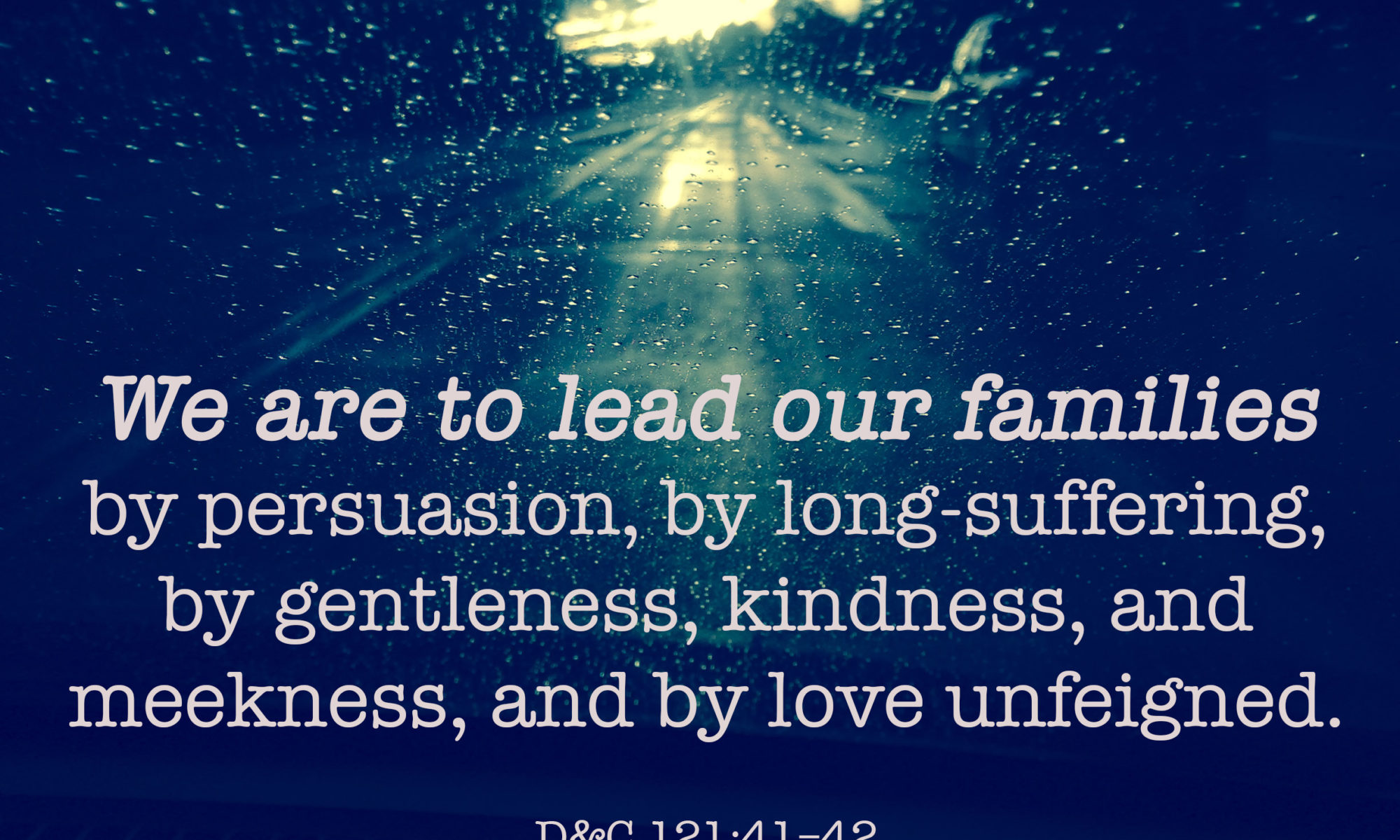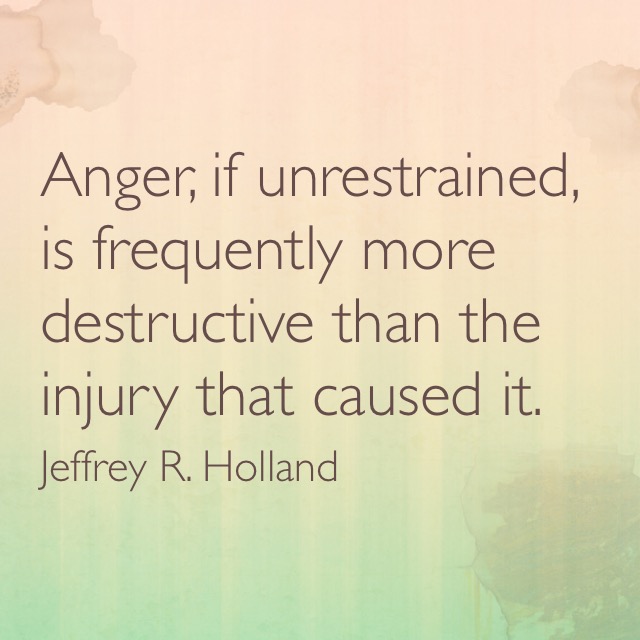When my fiance and I were engaged, there was a considerable level of anxiety for both of us as our marriage date drew closer. Call it cold feet, last minute jitters, or just plain not wanting to get burned again, neither of us were without worries as we embarked on another round of marital territory. We often joked with one another that one of us wasn’t going to show up on the wedding day. One night, Jon asked me, “Why not just stay single? We can still be friends like we have been without all the anxieties. Why not just stay like we are?” I knew in that moment he was challenging my resolve. We both had intermittent rounds of doubts about moving forward with what we knew entailed huge commitment, substantial sacrifice, and definite difficulties. Simply put, being single is much easier than being married, and we knew it. I felt like he might as well have been asking me, “Are you really in this thing? And what makes you so sure?” I gave Jon my answer, which was that I had already gotten my answer. We were supposed to move forward with this. But my mind kept coming back to the question for the rest of the evening. Why make things more difficult? Why take the hard road? Single life definitely has its advantages. My mind wouldn’t rest as I continued to examine his simply stated question. But then the answer came to me. In one swift moment of epiphany, I suddenly knew exactly why, and I needed him to know how I knew why. So I answered his question in a message later that night:
8-9-19 ( two and a half weeks until wedding day) “You asked me tonight what things we couldn’t do if we just continued as we have been without marriage, besides the obvious one of intimacy. But to expound upon what we discussed… The answer is, we cannot progress. We cannot refine ourselves. We cannot learn and grow in the comfort zone. We cannot be tried and tested and proven. We cannot develop the characteristics of Christ. We cannot become more like our Heavenly Father and Heavenly Mother. We cannot fulfill the purpose we were meant to fulfill.
We can stay in our comfort zone of single life, and yes, it certainly would be much easier. So little is required of us in that state. So little is sacrificed. We come and go as we please. We don’t have to seek anyone’s opinion or approval or consent. We do what we want, when we want, how and where we want. There’s no need for negotiation or compromise because there’s no one to consult with. There’s little relational opposition in single-hood. Just the bouts of loneliness that set in on holidays and special occasions when the house feels particularly empty. Which is precisely what the adversary would have for us. Complacent. Stagnant. Alone.
Yes we could continue the way we have been. But I don’t think that was ever the plan, not from the beginning of time when Adam and Eve were driven from beauty and bliss to perpetual pain, and it certainly is not the plan now.
The difficult road IS the plan. It always has been. It always will be until we are called home. The big question is, who do you want to go home with? Do you want to go home alone? Or do you want to return home and tell your Father above that you gave someone all you had, you loved someone with all your heart, and you lived and laughed and longed all through your days with someone who did the same for you. That’s the question.
In the end, all that matters is how you spent your days. We certainly can spend them alone. But I’d rather spend mine with a man like you. Someone who knows God. Someone who will do whatever it takes to return home to Him, and someone who will love me enough to take me with him.
So once again… I’ll be there on the 28th. Look for me…I’ll be the one dressed in white.”

